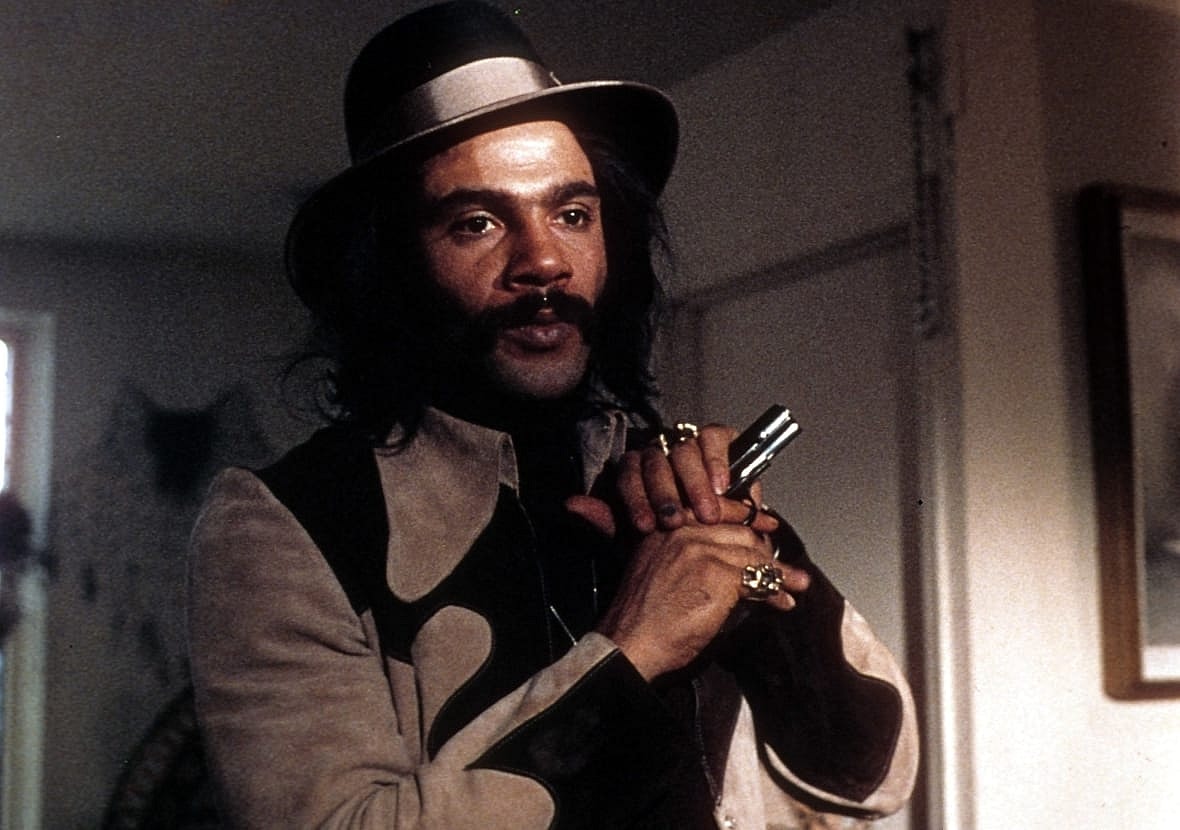The Library of Congress’ National Film Registry will expand its catalog to include classic films like “House Party” and “Super Fly” among those chosen for this year’s additions to the esteemed list.
The film registry is a part of the National Film Preservation Act, under which the Librarian of Congress (currently Carla Hayden) names 25 films released within at least the last 10 years that are “culturally, historically or aesthetically significant,” according to The Hollywood Reporter. Currently, the registry contains 850 films.
The new selections are refreshing in terms of representation. The list, which span the years 1898 to 2011, “include at least 15 films directed or co-directed by filmmakers of color, women or LGBTQ+ filmmakers.”

The iconic “House Party” (1990), starring Kid ‘n Play, is part of the Class of 2022. In a statement that The Reporter obtained, filmmaker Reginald Hudlin reflected on the iconic dance sequence in the film.
“The day we shot the big dance number in ‘House Party’ is easily one of the best days of my life,” he said. “We had all the enthusiasm in the world, all the commitment in the world.” Hudlin also tweeted his excitement, writing, “So proud of this moment! So grateful.”
Other selections include “the earliest film known to exist of the carnival parade in New Orleans,” “Mardi Gras Carnival” (1898). “Cab Calloway Home Movies” chronicles the dynamic bandleader’s life at home and across continents between the years of 1948 and 1951. “Scorpio Rising” (1963) uses the music of the ’60s — including that of Motown greats and others — to explore the era’s counterculture, as does the 1967 student short film, “Behind Every Good Man.”
The latter, from Nikolai Ursin, is described as “a stunning early portrait of Black gender fluidity in Los Angeles.” In “Mingus,” is an exploration of the mind and music of now-iconic composer and bassist Charles Mingus, which is also described as “raw” and “invaluable.”
“Super Fly,” Gordon Parks’ classic blaxploitation film starring Ron O’Neal, is one of eight selections from the 1970s. Ditto for Ethiopian-born director Haile Gerima’s “Bush Mama (1979). The film is “a haunting look at inner city poverty amid damning indictments of police brutality and the welfare, judicial and penal systems.” Meanwhile, labor organizer Sylvia Woods is one of the voices in “Union Maids,” which explores the intersection between women’s equality and the formation of unions in America.
Selections from the 1980s include “Tongues United,” a trailblazing documentary from Marlon Riggs that shined a light on the Black homosexual experience in the United States during that time. “Hairspray” (1988) would go on to inspire the hit Broadway musical and film reboot of the same name. The film, a campy and powerful look at racial segregation in the 1960s, features Ruth Brown as Motormouth Maybelle and Clayton Prince as Seaweed J. Stubbs.
The most modern selection is Dee Rees’ award-winning “Pariah” (2011), a coming-of-age story centered on a Black girl in Brooklyn dealing with identity issues. It is one of the few titles from Black female lesbian directors.
Check out the full list on the Library of Congress site.
TheGrio is FREE on your TV via Apple TV, Amazon Fire, Roku and Android TV. Also, please download theGrio mobile apps today!

